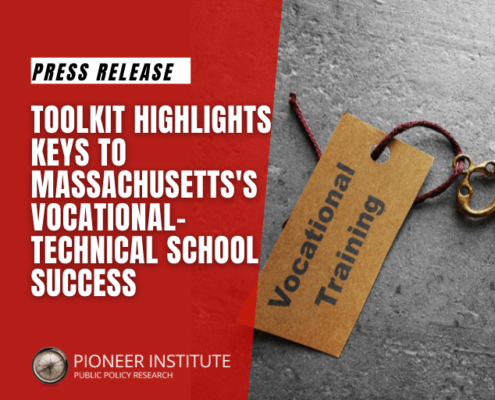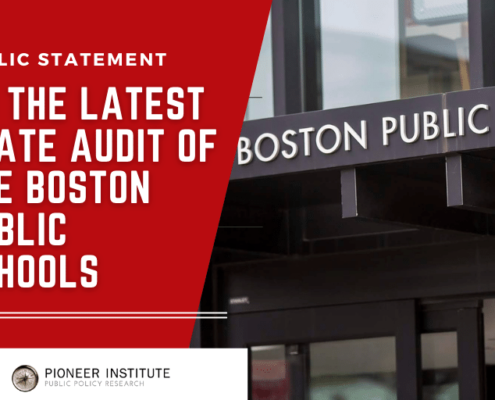Pioneer Institute has been offering a series on curricular resources for parents, families, and teachers during COVID-19, covering topics ranging from art and music education, to mathematics and Shakespeare, compiled by Pioneer’s Jamie Gass. We proudly share these resources below.
BROWSE OUR REMOTE LEARNING RESOURCES

“America Today is on Bended Knee” – 20th Anniversary of 9/11 – 20 Resources for Parents & Students
The heroic stories of 9/11 are part of our national consciousness and memory. It’s the duty and obligation of the living and those who survived to pass along this history to the next generation. As Americans mourn the events of 20 years ago, while in the midst of another national crisis during COVID-19, let’s recommit ourselves to teaching students and the younger generation about seminal events like 9/11 that still shape our world today. To support this effort, we’re offering a variety of resources to help parents, teachers, and high school students.
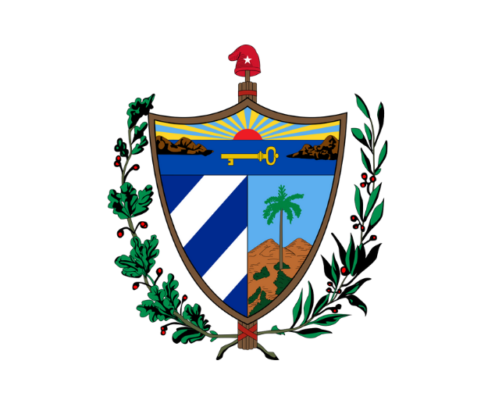
“Key of the Gulf” – Exploring Cuba – 35 Resources for Parents & Students
Castro’s despotism, the Cold War, the Cuban Missile Crisis, and the Embargo, remains the Cuban people – vibrant, creative, pious, and poor, who have continued to inspire and awe with their smiles, culture, music, dance, food, tobacco, resilience, and hopes. With the desire of passing along some of this magic to American families, students, teachers, and schools, we’re providing a variety of resources to educate our people about their neighbors, who live a mere 100 miles from our shores, in Cuba.

The Globe’s Ornaments – Celebrating the Great Cities of the Ages – 35 Resources for Parents & Students
Celebrating the Great Cities of the Ages - This is part of Pioneer’s ongoing series of blogs on curricular resources for parents, teachers, and students during COVID-19.

Jeeves & Wooster’s World The Comic Genius of P.G. Wodehouse – 30 Resources for Parents & Students
Life and writing can and should be playful, witty, light, fun, and make us smile. This is particularly important during the hard realities and sometimes loneliness of COVID, lockdowns, masks, and the increasingly stilted use of language today. To provide some much-needed comic relief and to help people of all age groups glory in the English language, take ourselves less seriously, and laugh more – please enjoy the world of P.G. Wodehouse!
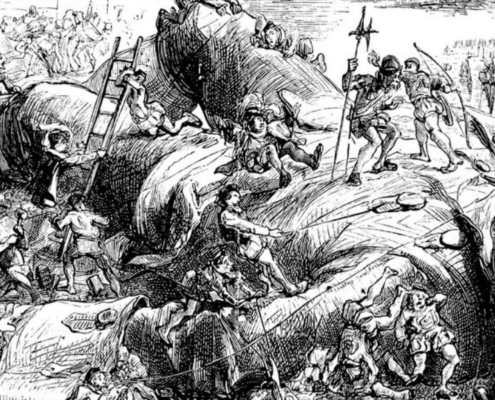
Elevating Liberal Democracy Above Fragmentation – 30 Resources for Citizens and Schools
In Pioneer’s ongoing series of blogs on curricular resources for parents, families, and teachers during COVID-19, this one focuses on: Elevating Liberal Democracy Above Fragmentation.

“Hellhound on My Trail” Celebrating American Blues Music – 35 Resources for Students
As music historian Ted Gioia tells us, the blues are disappearing from popular music, because of modern technology and it not being taught. American schoolchildren need to know more about the basics of blues music history and its many African-American geniuses, who reshaped the sounds and rhythms of all peoples across the globe. To remedy this, we’re offering a variety of resources to help parents, teachers, and high schoolers.
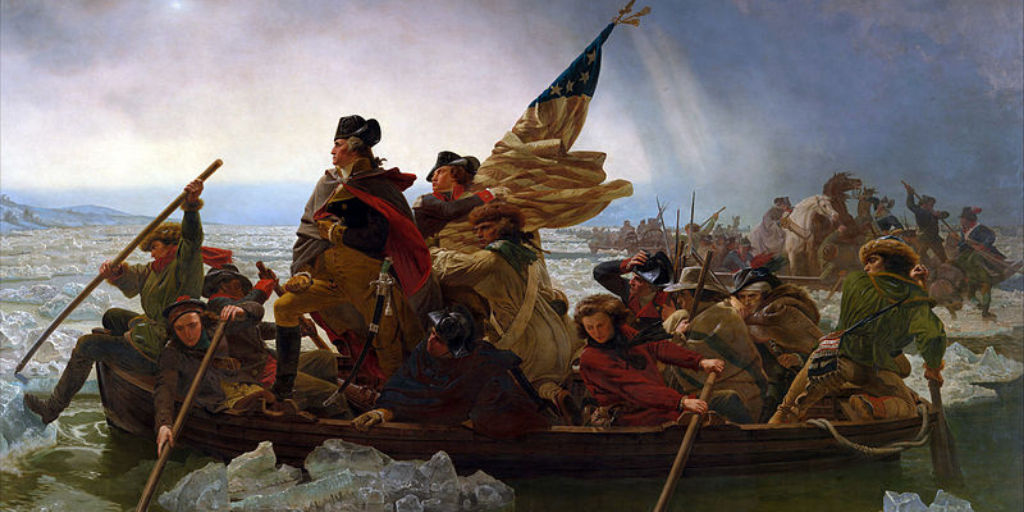
Celebrating American Independence! – 50 Resources on America’s Founding for Schoolchildren & Citizens
American schoolchildren need to know more about the basic history of and lessons from the American Revolution and War for Independence, including perhaps the greatest leader and hero the country has ever produced, George Washington. To do our small part to help the cause, we’re offering a variety of resources to help parents, teachers, schoolchildren, and citizens better celebrate the Fourth of July!
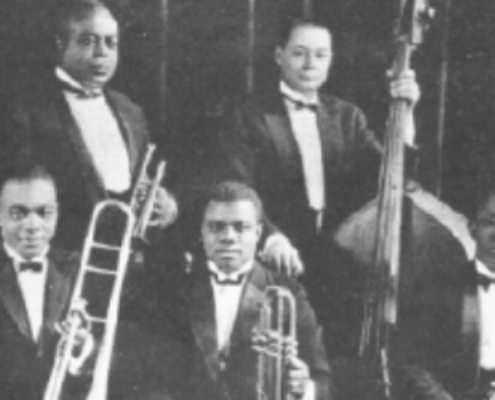
“The Jazz Age” – 1920s America – 50 Resources for High School Students
American schoolchildren need to know more about the basics of the history of and lessons from the 1920s, which did as much as any decade to shape our modern country in the last century. To remedy this, we’re offering a variety of resources to help parents, teachers, and high schoolers:
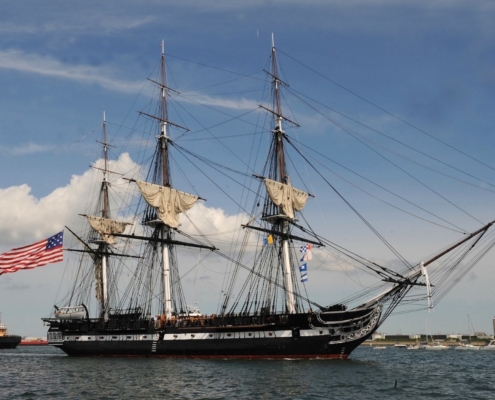
Monarchs of the Sea – American Boats, Ships, & their Captains – 40 Resources for High School Students
In Pioneer’s ongoing series of blogs on curricular resources for parents, families, and teachers during COVID-19, this one focuses on: Celebrating American Boats, Ships, & their Captains.
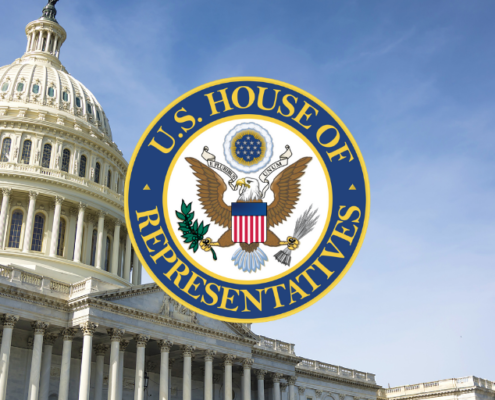
The People’s House The U.S. House Representatives – 40 Resources for High School Students
American schoolchildren need to know more about the basic civics and history of our key democratic institutions. To remedy this, we’re offering a variety of resources to help parents, teachers, and high schoolers:

The Spirit Enlightened Celebrating Classical Music – 50 Resources for High School Students
In Pioneer’s ongoing series of blogs on curricular resources for parents, families, and teachers during COVID-19, this one focuses on: Celebrating Classical Music.
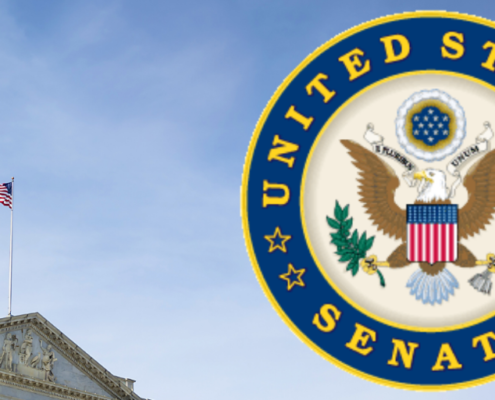
“Ballast for the Ship of State” – The U.S. Senate – 40 Resources for High School Students
The U.S. Senate’s vital, though sometimes dormant, authority in the face of the Imperial Presidency means few Americans and schoolchildren truly understand its constitutional role and inner workings. To remedy this, we’re offering a variety of resources to help parents, teachers, and high schoolers.

Neptune’s Domain – Oceans, Seas, & Their Creatures- 25 Resources for K-12 Students
Since water is all around us and in us, students should know more about the major bodies of water that shape our planet and our lives, including: what we eat, how we travel, our trade, our wars, and the many fascinating creatures who live in the oceans and seas. In fact, scientists estimate that 91 percent of ocean species remain unclassified, and over eighty percent of our ocean is unmapped and unexplored. We clearly have more work ahead of us to better understand the water that covers most of our world. To assist in this aquatic discovering, mapping, and exploring, we’re offering a variety of resources to help parents, teachers, and K-12 students.
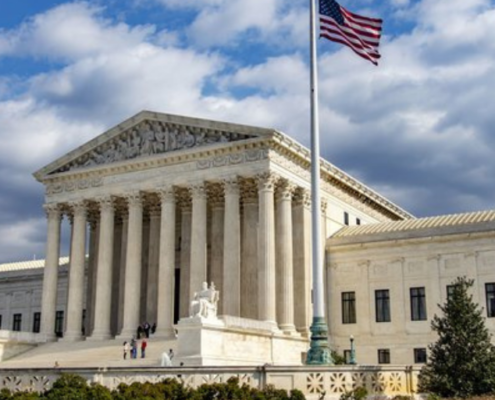
A Republic of Laws – The U.S. Supreme Court – 40 Resources for High School Students
In Pioneer’s ongoing series of blogs on curricular resources for parents, families, and teachers during COVID-19, this one focuses on: Celebrating the U.S. Supreme Court.

“The Road to the Stars” – U.S. Space Exploration – 25 Resources for K-12 Students
In Pioneer’s ongoing series of blogs on curricular resources for parents, families, and teachers during COVID-19, this one focuses on: Celebrating U.S. Space Exploration.
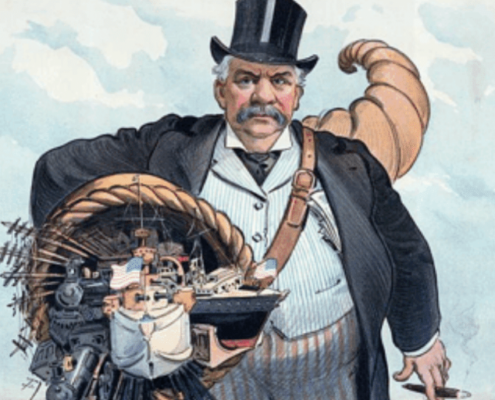
“The Business of America is Business” – 25 Resources for High School Students
In Pioneer’s ongoing series of blogs on curricular resources for parents, families, and teachers during COVID-19, this one focuses on: Celebrating American Free-Market Capitalism.
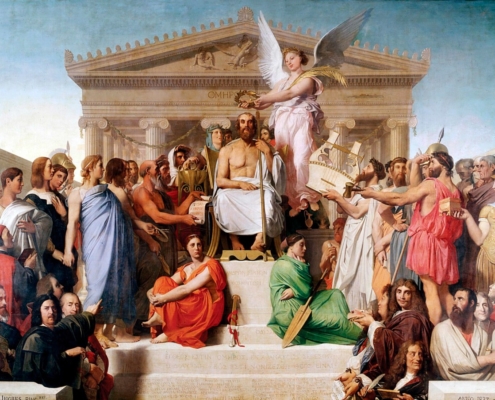
“Be Strong, Saith My Heart” – National Poetry Month – 40 Resources for K-12 Students
In Pioneer’s ongoing series of blogs on curricular resources for parents, families, and teachers during COVID-19, this one focuses on: Celebrating National Poetry Month.

Never Forgetting – Holocaust Remembrance Day – 25 Resources for K-12 Students
In Pioneer’s ongoing series of blogs here, on curricular resources for parents, families, and teachers during COVID-19, this one focuses on: Memorializing International Holocaust Remembrance Day on January 27th and learning about the tragedy of the Holocaust during WWII.









